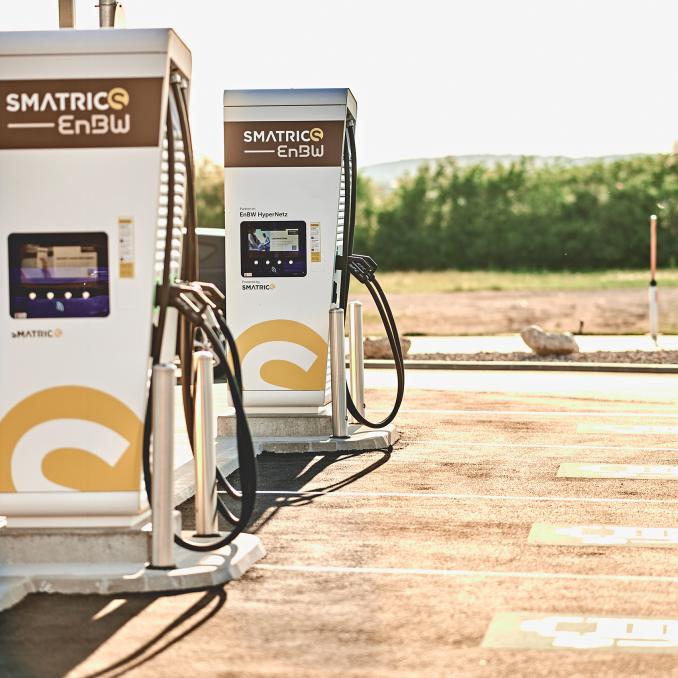Subsidies in the field of electromobility are provided for all companies in Austria and Germany. In addition, public authorities, associations, religious institutions and other entrepreneurial organizations can also request financial support.
Please note that our overview does not list all funding from the respective federal nor the individual states. Please find out more about this directly on the website of your state and / or your municipality.



